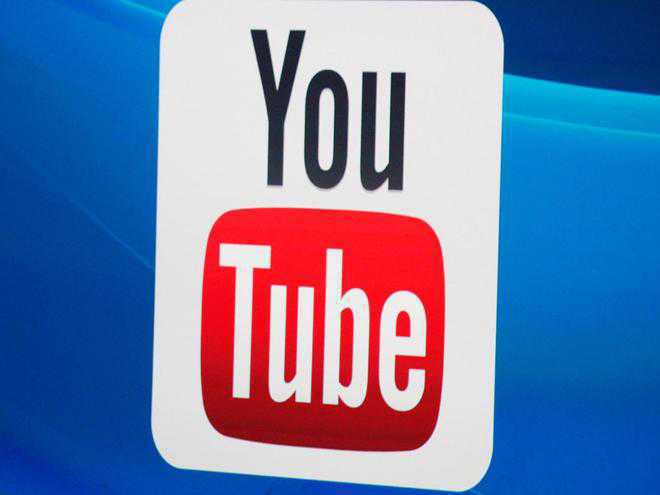
NEW YORK
Even as social media has started playing a very significant role in our decisions, many people who create content to promote products on popular platforms such as YouTube and Pinterest do not always disclose their marketing relationships with the companies, reveals new research.
The study focused on affiliate marketing, in which companies pay a commission to social media figures for driving sales.
Content creators who produce videos, photos and commentary are rewarded when their followers purchase products after clicking on affiliate marketing links included in their social media posts.
Researchers from Princeton University's Department of Computer Science extracted affiliate marketing links from randomly drawn samples of about 500,000 YouTube videos and 2.1 million Pinterest pins.
They found 3,472 YouTube videos and 18,237 Pinterest pins with affiliate links from 33 marketing companies.
The researchers found the links by identifying characteristic patterns in the URLs (Uniform Resource Locators) that marketers use to track readers' clicks.
They then used natural language processing techniques to search for disclosures of affiliate marketing relationships within the 'videos' and 'pins' descriptions.
Disclosures were present in around just 10 per cent and seven per cent of affiliate marketing content on YouTube and Pinterest, respectively.
These findings were published in the journal, 'Proceedings of the ACM on Human-Computer Interaction'.
In view of these findings, the researchers proposed that regulators should take broader legal action against affiliate marketing companies for failures to disclose, and recommend that social media platforms make it easier for content creators to disclose marketing relationships in a standardised way.
The lead author of the study, Arunesh Mathur, a computer science graduate student, and his colleagues are also developing a web browser extension that would automatically flag some types of paid content, Princeton University said in a statement.
In addition, they are working on computational methods to detect other types of hidden advertising on social media, including sponsored content and product giveaways, which are less straightforward to identify than affiliate marketing. — IANS



























